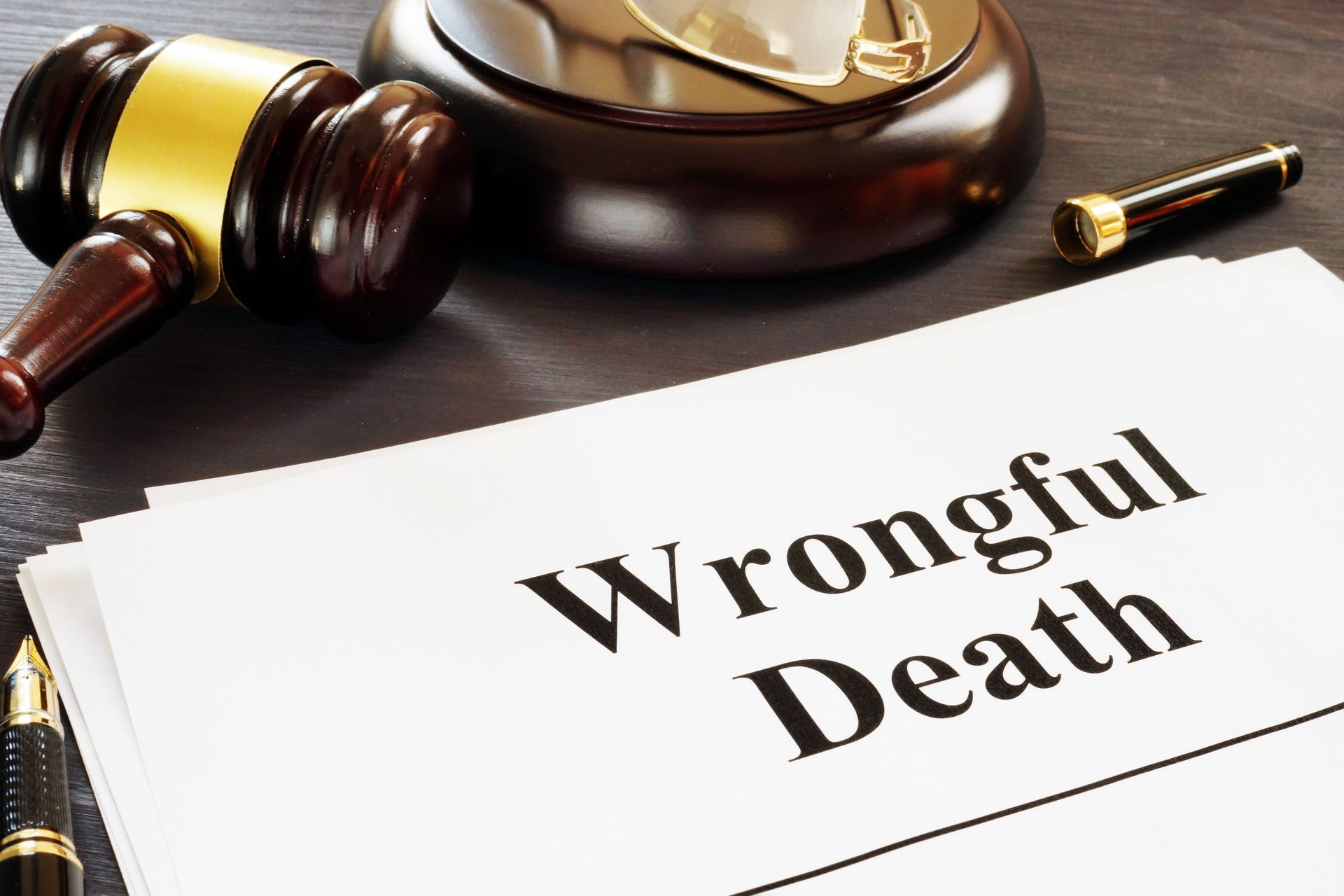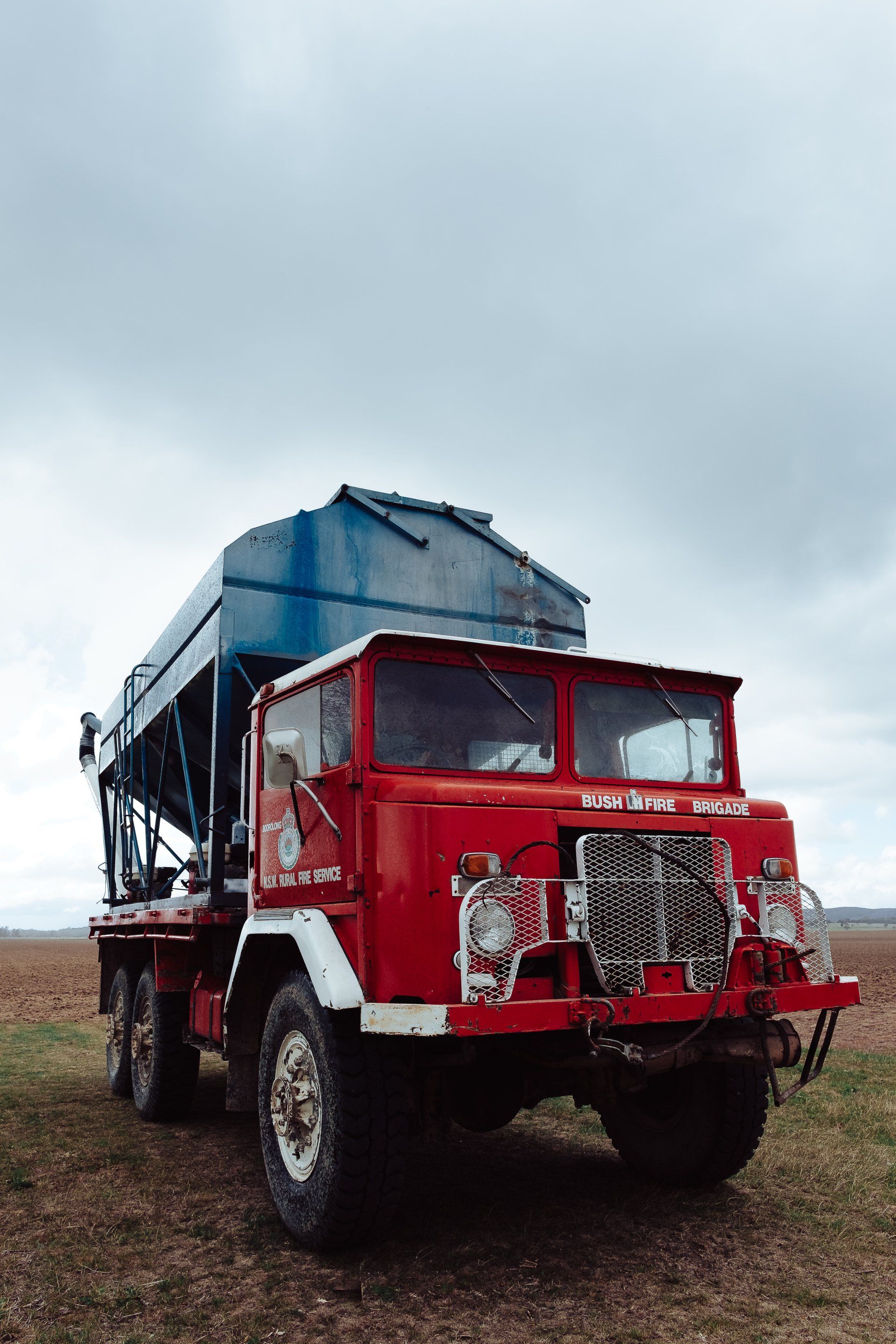Contact Us
Phone: 201-500-3950
Location
99 Kinderkamack Rd
Suite 300
Westwood, NJ 07675
Hours
- Mon - Sun
- Open 24 Hours
Call Now For A Free Consultation: 201-500-3950
A Comprehensive Guide to Understanding Premises Liability in New Jersey
A Comprehensive Guide to Understanding Premises Liability in New Jersey
Accidents can happen anywhere and at any time. However, if the accident was caused due to someone else's negligence, it can be frustrating and overwhelming. Premises liability is a legal concept that holds property owners responsible for accidents and injuries that occur on their property. In this blog, we will discuss how premise liability works in New Jersey, what changes about premise liability from state-to-state, and how an attorney can help you.
How does premise liability work in New Jersey?
In New Jersey, property owners are required to maintain their property in a reasonably safe condition. This includes repairing any known hazards and removing any potential dangers that could harm someone on their property. If a property owner fails to maintain their property and someone is injured as a result, they can be held liable for the injuries. However, the burden of proof falls on the victim to prove that the property owner knew or should have known about the hazard but failed to address it.
What changes about premise liability from state-to-state?
Premises liability laws vary from state-to-state, but most states follow a similar premise liability standard. States that follow a comparative negligence rule means that if the victim is partially responsible for their injuries, the damages awarded to them will be reduced proportionally. For instance, if a victim is found to be 25% responsible for their injuries, the damages awarded will be reduced by 25%.
What are some common premises liability cases?
Some common cases of premises liability include slip and fall accidents, dog bites, swimming pool accidents, and inadequate security. Slip and fall accidents occur when a property owner fails to clean up a spill or repair a damaged floor, which results in someone slipping and falling. Dog bites occur when a property owner fails to appropriately restrain their dog or doesn't have warning signs posted to warn visitors of a dangerous dog. Swimming pool accidents occur when a property owner fails to install adequate fencing or doesn't maintain a safe pool environment. Inadequate security cases occur when a property owner fails to provide adequate security measures, which results in a visitor being assaulted.
How can an attorney help me?
An attorney can help you navigate the complicated legal process of filing a premises liability lawsuit in New Jersey. They can advise you on whether you have a viable case, negotiate with the property owner's insurance company, and represent you in court if necessary. An attorney can also help you gather evidence to prove that the property owner knew or should have known about the hazard and failed to address it.
Premises liability cases can be complicated and challenging to prove, which is why it's essential to seek legal counsel from an experienced attorney. If you've been injured on someone else's property due to their negligence, you may be entitled to compensation for your medical bills, lost wages, and pain and suffering. Contact a qualified personal injury attorney to help you evaluate your case and determine whether you have a viable claim.



Schedule a Case Evaluation
Contact us now!
Homepage FCE Form
We will get back to you as soon as possible.
Please try again later.
By submitting this form, you agree to be contacted by our law firm, either by phone, text or by email.
Hours
- Mon - Sun
- Open 24 Hours
Free Consultations
Disclaimer: The information on this website is for general information purposes only. Nothing on this site should be taken as legal advice for any individual case or situation. This information is not intended to create, and receipt or viewing does not constitute an attorney-client relationship.
© Copyright 2024 | All Rights Reserved | J. F. Bullwinkel, Attorney at Law, LLC | Powered By Convert It Marketing | Privacy Policy





